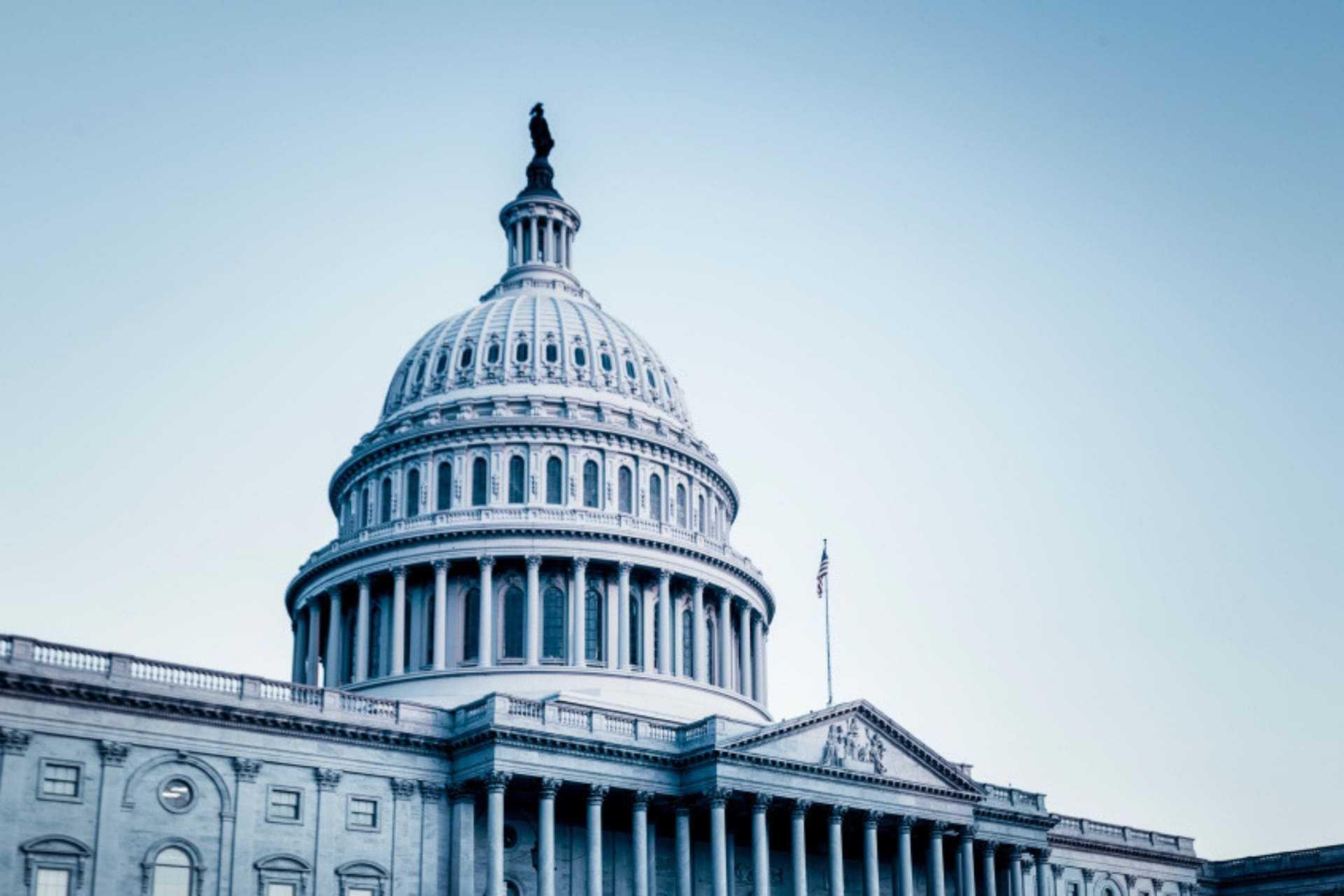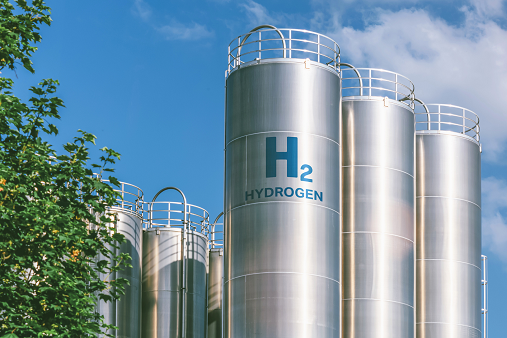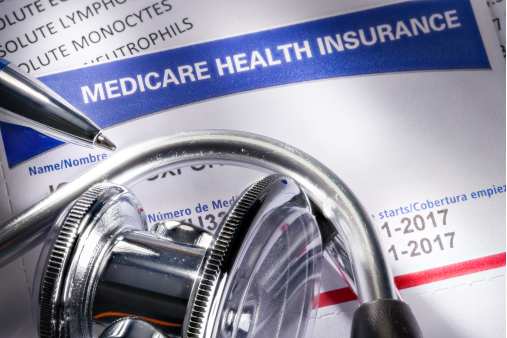Recently, Congress enacted the Substance Use-Disorder Prevention that Promotes Opioid Recovery and Treatment for Patients and Communities Act, or the “SUPPORT Act,” to further address the nation’s opioid epidemic. However, included in the SUPPORT Act is a wholesale expansion of kickback prohibitions which will have a far-reaching effect on the healthcare industry –and in particular, laboratories. The Eliminating Kickbacks in Recovery Act (EKRA) provision is an all-payor statute that prohibits kickbacks related to referrals made to laboratories, recovery homes, and clinical treatment facilities (non-hospital medical settings that provide detoxification, risk reduction, outpatient treatment and care, residential treatment, or rehabilitation for substance use).
EKRA prohibits any solicitation or payment in exchange for patient referrals or to induce the referral of an individual to a recovery home, clinical treatment facility or laboratory. Unlike the federal Anti-Kickback Statute, EKRA applies to all healthcare benefit programs, including private payors. While EKRA provides certain exceptions, those exceptions are not as inclusive as the safe harbors to the Anti-Kickback Statute. Violations of EKRA can result in criminal prosecution with fines of up to $200,000 and imprisonment for up to 10 years, or both.
With the passage of EKRA, laboratories, clinical treatment facilities, and recovery homes should immediately consider reviewing all financial arrangements with healthcare providers, contractors and employees who are in a position to generate referrals – including marketing personnel and sales reps.
Absent an exception, EKRA prohibits any person or entity from knowingly and willingly offering, paying, soliciting, or receiving, directly or indirectly, anything of value: (1) in return for referring a patient or patronage to a recovery home, clinical treatment facility, or laboratory; or (2) to induce a referral of an individual to a recovery home, clinical treatment facility, or laboratory; or (3) in exchange for an individual using a recovery home, clinical treatment facility, or laboratory’s services. EKRA’s prohibition is broad, and affected providers in the industry should review the statute for compliance purposes. For example, the common industry practice of paying laboratory sales reps based on the volume or value of lab tests generated for the laboratory (when the test is paid by a commercial/private payor) will now subject laboratories to heightened scrutiny, and could be found to violate EKRA.
EKRA provides several exceptions that protect certain arrangements, specifically:
- A properly disclosed and notated discount or other reduction in price under a healthcare benefit program
- Payments to an employee or independent contractor that do not vary based on the number of individuals referred, the number of tests or procedures performed, or the amount billed to or reimbursed from a health care benefit program1
- Drug discounts under the Medicare coverage gap discount program
- Payments made in compliance with the federal Anti-Kickback Statute’s personal services and management contracts safe harbor
- Non-routine, good-faith waivers or discounts of any coinsurance or copayment amount
- Arrangements with health center entities that serve medically underserved populations care if designed to increase availability or quality of services provided
- Alternative payment model payments or payments under an arrangement used by a state, health insurance issuer, or group health plan, if HHS determines it necessary for care-coordination or value-based care.
One important distinction between the EKRA exceptions and the federal Anti-Kickback Statute’s safe harbors is the absence of the Anti-Kickback Statute’s employment safe harbor under EKRA. This means that previously compliant payment methodologies structured under the Anti-Kickback Statute’s employment safe harbor (such as paying W-2 employees a volume or value based commission) are now at risk of violating EKRA.
Congress included a pre-emption clause related to conduct prohibited by the Anti-Kickback Statute – “This section shall not apply to conduct that is prohibited under [the Anti-Kickback Statute].” It appears as though Congress – through the inclusion of this pre-emption –is recognizing that it has taken concepts from the Anti-Kickback Statute and is applying them to all health care benefit plans, but it is otherwise not trying to affect claims falling under the jurisdiction of the Anti-Kickback Statute. In other words, “regular kickbacks” under Medicare and Medicaid would continue to be governed solely by the Anti-Kickback Statute. Some commentators have questioned whether the word “not” should have been inserted before the word “prohibited,” or whether “prohibited” was intended to be the word “permitted” under the preemption clause. We think this is unlikely, and that it is more likely that Congress intended for this pre-emption to give clear instruction to the Department of Justice regarding the enforcement of EKRA when claims are also subject to Anti-Kickback Statute enforcement.
If your laboratory or clinical treatment facility has financial relationships with providers or other referral sources, or contracts with or employs marketing agents who generate referrals for your company, you should consider reviewing those arrangements with counsel who is familiar with EKRA and healthcare fraud, waste, and abuse laws. It is likely that your company may be required to make substantial changes to its provider/agent/employee compensation methodologies.
We understand the complications that EKRA presents for the healthcare industry, and we are prepared to help you navigate through these regulatory storms to bluer skies.
For more information, please contact the Barnes & Thornburg LLP attorney with whom you work or Laura Seng at 574-237-1129 or laura.seng@btlaw.com; Rob Castle at 214-258-4149 or robert.castle@btlaw.com; Bob Wade at 574-237-1107 or bob.wade@btlaw.com; Julie Veldman Harris at 614-628-1414 or julie.harris@btlaw.com; or Matthew Agnew at 214-258-4153 or matthew.agnew@btlaw.com.
__________________
1EKRA defines “health care benefit program” consistent with 18 U.S.C. § 24, which states that “health care benefit program” means “any public or private plan or contract, affecting commerce, under which any medical benefit, item, or service is provided to any individual, and includes any individual or entity who is providing a medical benefit, item, or service for which payment may be made under the plan or contract.” Thus, EKRA applies to private and public insurance plans.
© 2018 Barnes & Thornburg LLP. All Rights Reserved. This page, and all information on it, is proprietary and the property of Barnes & Thornburg LLP. It may not be reproduced, in any form, without the express written consent of Barnes & Thornburg LLP.
This Barnes & Thornburg LLP publication should not be construed as legal advice or legal opinion on any specific facts or circumstances. The contents are intended for general informational purposes only, and you are urged to consult your own lawyer on any specific legal questions you may have concerning your situation. Visit us online at www.btlaw.com and follow us on Twitter @BTLawNews.













